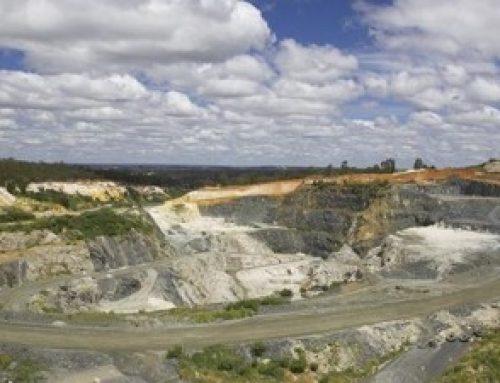The Australian reports this week that The National Australia Bank released a set of figures which confirms that Australia is currently experiencing the slowest rate of wage growth of any time in the past 25 years.  The figures show that average wages are rising by only 1.5% per annum, which is a stark decrease when compared with the average 3% growth in wages that was seen in the 10 years prior to the World Economic Crisis in 2008. Even though Australia escaped the worst of the effects of the Crisis, there are now new challenges facing the economy including rising costs of food items such as fruit and vegetables as well as worries about job security leading to lower wages as employees feel in a weaker position to negotiate contracts. Other factors constraining the growth of wages in the Australian economy are the nearly 15% of workers who are currently not working at full capacity by having to work part-time instead of full-time or being unable to work at all.
The figures show that average wages are rising by only 1.5% per annum, which is a stark decrease when compared with the average 3% growth in wages that was seen in the 10 years prior to the World Economic Crisis in 2008. Even though Australia escaped the worst of the effects of the Crisis, there are now new challenges facing the economy including rising costs of food items such as fruit and vegetables as well as worries about job security leading to lower wages as employees feel in a weaker position to negotiate contracts. Other factors constraining the growth of wages in the Australian economy are the nearly 15% of workers who are currently not working at full capacity by having to work part-time instead of full-time or being unable to work at all.
This sustained low growth in wages seems to be quite a problem for Australian families and the Australian economy in general. People are saying that they are spending more on their monthly household bills of late, things like electricity and water bills and also on food – and are spending less on entertainment, eating out and on purchases for themselves or for their home.
This lack of, or lessening of consumer spending in turn has a bad effect on all those industries where more money was previously being spent on them. For example, consumers may currently be less likely to upgrade their family car or renovate their home or buy some new clothes or go out to dinner or to a show, as often as they had in the past.
On the other hand continued strong wage growth may lead to price increases across all industries and may lead to the closing down of other industries across Australia – just like what happened to our car manufacturing industry for example. So it seems that perhaps a balance between low wage growth and strong wage growth may be desirable for our long term best interests.
Another thing worth mentioning is that interest rates are at record lows in Australia – so for all Australians that have a home mortgage or any other type of loan or debt, this is great news as we are paying considerably less in interest payments. Currently anyone with say a $300,000 home mortgage on a 5% interest rate would be paying $12,000 per year less in interest payments alone if the interest rate was say 9%.
The reserve bank of Australia expects low wages growth to remain with us for at least the next two years. Saul Eslake who is the chief economist at Merrill Lynch has stated that “low wages growth have been fairly commonplace in other advanced economies since the global financial crisis and Australian workers had been insulated from this experience by the strong demand for labour associated with the resources boom. But now that the labour intensive phase of the boom had passed we are here with low wages growth for some time.”
Is there anything that can be done to stimulate the economy, which may lead us to have stronger wages growth? The Australian Chamber of Commerce & Industry are calling for workplace reforms, including changes to the awards system covering penalty rates.
Perhaps the government needs to consider some of the following:
1. Is raising the age of retirement going to help the economy? Should we look at decreasing the retirement age to say 60? – Of course if you want to stay in the workforce you can – but if you want to retire at 60 you can have that option
2. Should the government increase the GST substantially and not tax Australians on their personal income – or at least tax them very little?
3. There is a huge pool of money in superannuation funds that are in the hands of super fund managers – should the government take control of this money (and protect it for the benefit of all Australians) but use what is there to build infrastructure around Australia that may produce extra work and increase productivity, and if managed wisely produce a larger nest egg for Australians?
What are your thoughts? Head over to our Facebook page to comment: https://www.facebook.com/pages/Blue-Collar-People/1484400968442110






